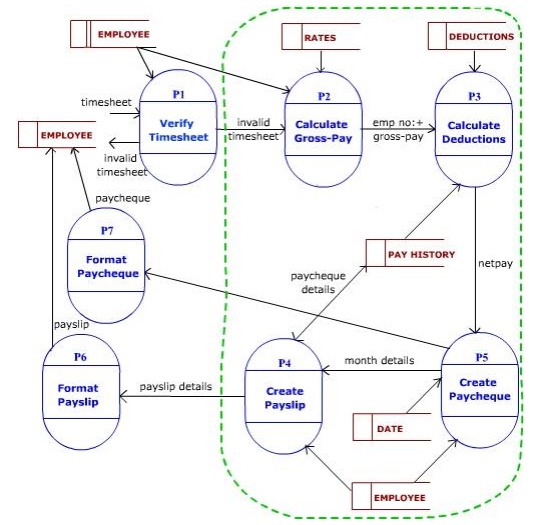How to Become a Software Engineer
The adventure of computers spawned the study of
computer science, and ultimately its applications in society in the form of
software engineering. Software engineering, like many other engineering jobs,
require a specific skill set that can be developed over time. The roles and
capacities a software engineer may fulfill vary between companies, but this
article will teach you the general qualifications and process for entering this
field
Part 1 of 5: High School Preparation
1.
Love programming. If you're in high school, and you haven't yet explored programming, do so. If you're not interested in math or science to begin with, you should probably explore other options.
Love programming. If you're in high school, and you haven't yet explored programming, do so. If you're not interested in math or science to begin with, you should probably explore other options.
- You must know at least the basics: C++, C# or Java, Javascript / HTML /CSS.
2.
Get all the math you can in high school like algebra, calculus, and geometry, it might be worth it if you try trigonometry and graphing. Try to advance to college level math before leaving high school, you'll need a ton of math to complete any Computer Science program and Engineering program.
Get all the math you can in high school like algebra, calculus, and geometry, it might be worth it if you try trigonometry and graphing. Try to advance to college level math before leaving high school, you'll need a ton of math to complete any Computer Science program and Engineering program.
Part 2 of 5: College
Curriculum
1.
Plan on getting a
degree. With all the
success stories of college drop outs becoming billionaire CEOs in the 90's,
there is a certain lure that "as long as I think outside the box and have
outstanding problem solving and programming skills I don't need a four year
degree". It's difficult for entry level software engineers to obtain a
position without a four year degree, and an internship without being enrolled
in a college curriculum at all.
2.
Qualify your degree by
what you want to do. If
your love is game design and you wish to enter that industry as a game
programmer, you'll need a Computer Science degree. If you want to work for IBM,
Intel, Microsoft, Google, etc., then a Computer Science degree may be good for
you. If you're looking to work for a non-technical corporation building mostly business
applications, consider a degree in Management Information Systems or one of the
many business technical degrees now offered. This type of degree is best for
most, because it provides management and general business skills and doesn't
focus on a lot of information that will not be useful to most.
Part 3 of 5: Extra College Curriculum
1.
Supplement your
classwork with personal research. Search job
boards and note what technologies are hot and buzzing. The colleges simply
can't keep up with everything, so you'll need to buy additional technical books
and teach yourself.
2.
Unless you're planning
to get your foot in the door through an intern position, try to find side
projects while in school. No one wants to take a risk and hire someone fresh out of
school without projects under their belt. Internships are great at taking care
of this problem, but unfortunately a lot of students can't land an internship
or do so only to discover they would prefer to work elsewhere. The only way to
give yourself options is to find some non-classroom work to put on your resume.
3.
Develop contacts with
software engineers. If
possible try to connect with software developers and work on some projects
under their guidance.
Part 4 of 5: The Difference Between Engineer
& Programmer
1.
Understand that
software engineering is not the same as programming. Every software engineer knows how to program, but not every
programmer is a software engineer. Here's the principal difference between the
two:
- Software engineering is typically a group effort, with differing and often fluid roles and responsibilities for the group members.
- Engineers develop software to meet specifications set by their respective companies designed for their client, and generally must adhere to specific standards and practices.
- Engineering projects have timelines, release dates, and considerable interaction between people responsible for various components.
Part 5 of 5: Extra Activities
1.
Always do some extra activities apart from
studies and related to any software that has some real time solution of any
problem. Whenever you
have free time spend it searching on the internet about new technologies in the
market and also watch for the technologies that will be useful in the future.
2.
After studying about all the fields related to
Computer Science, choose a particular direction in Software Industry. Narrowing your choice down will help
considerably in planning your career. Always think simple because the Software
Industry itself is very complex.
3.
Learn about the field. The major difference between programmer
and engineer is simply that engineers design tools; these tools are then used
by programmers to build solutions.



No comments:
Post a Comment